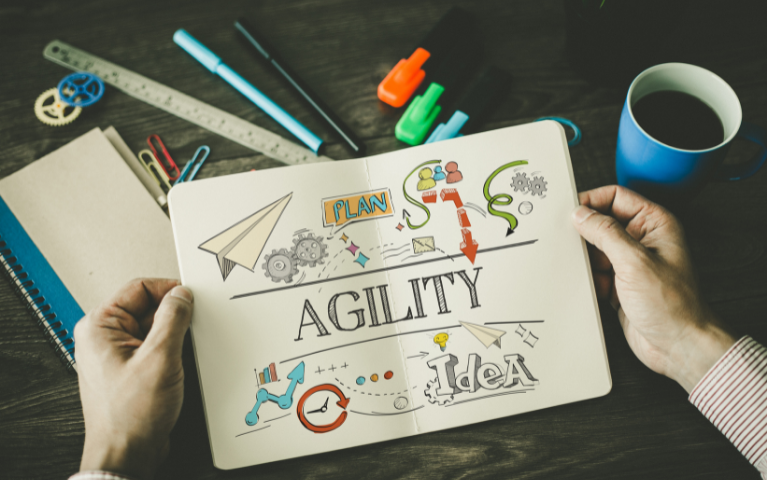Skills, and how fast employees and companies can learn, are quickly becoming the competitive advantage — and the biggest risk. This is why 80 percent of executives say they are worried about the availability of key skills when it comes to competing in the future. (PwC 21st Annual Global CEO Survey, 2018) And this is why talent development centered on skills and experiences needs to be a priority for us all.
Read MoreIt’s time to eliminate the disparity between haves and have-nots with respect to the right skills for today’s work. If you want to ensure upskilling/reskilling equity for all, leverage technology like the Self-Directed Learning Engine™ to provide everyone with the opportunity to grow at their own pace. Those with the right skills will be able to increasingly control their destiny, choosing how, where, and when they work, while those without the required skills will not be able to envision how their circumstances will improve
Read MoreTraditional Talent, Learning & Development can’t support organizational agility. So what do we do? Like the organizations themselves, we evolve. We need to identify and build capability in real time, just-in-time, to support changes. We need to allow people in the roles who need the capabilities to own their achievement.
Read MoreCollaborative learning has been shown to be one of the most effective types of learning. We call it “task-based mentoring” though you may call it “flash mentoring”, “peer coaching”, or “modern apprenticeship”.
Read MoreTaking advantage of task-based mentors/peer mentors (what McKinsey calls distributed apprenticeship) is key to upskilling and reskilling at scale in the flow of work.
Read MoreCEOs have finally recognized that talent skill gaps may render them unable to compete. So, there’s never a better time to assess the skill gaps in your organization (know how big the problem is) and measure progress over time.
Read More“What gets measured gets done.” In essence, this expression means that if you don’t set some metrics for what you want to accomplish, and actually track and hold people accountable for those metrics, nothing will happen.
Read MoreThe solution is to create a culture of learning now, when there is time to do something about the skill gap problem before it’s too late. Leaders have to understand that the cost of doing nothing is too great.
Read More







